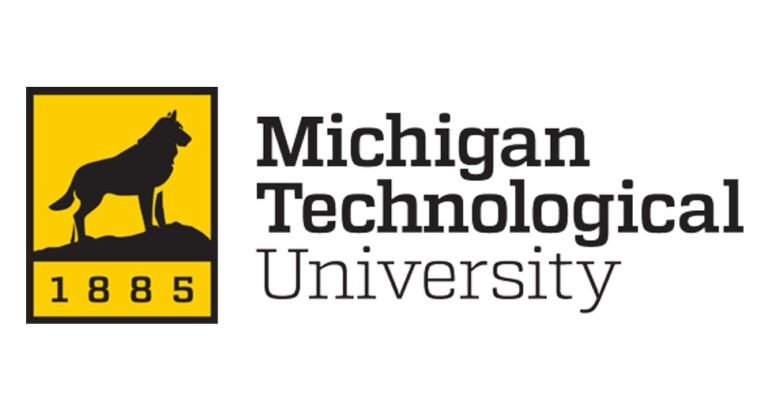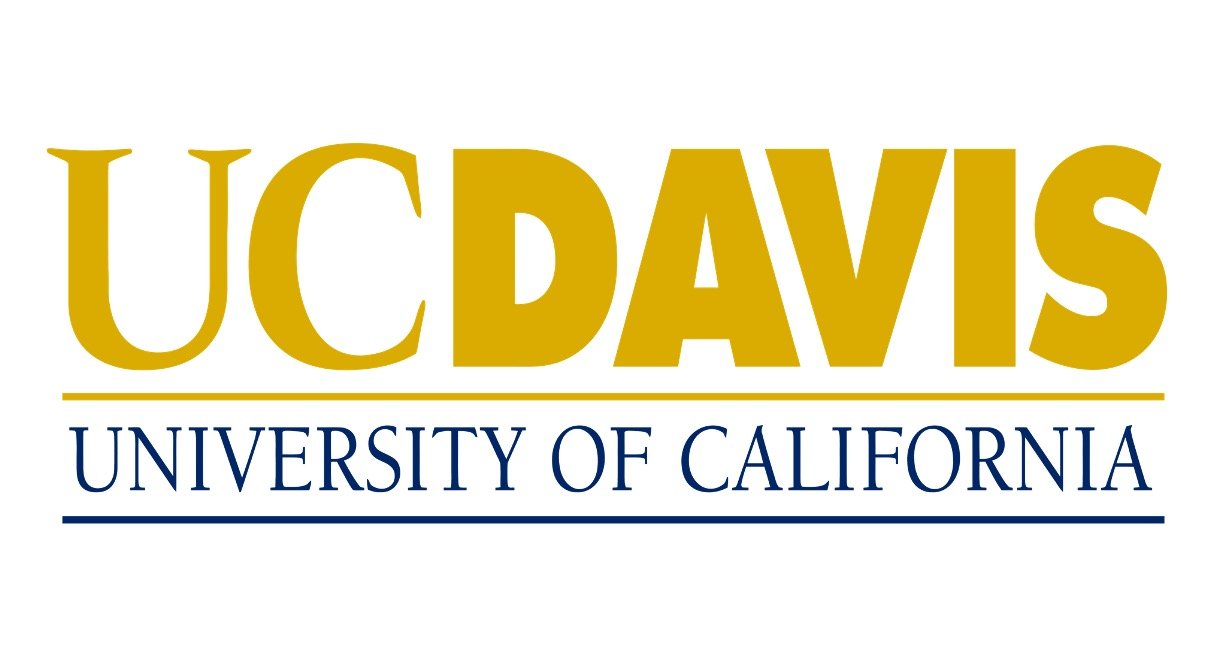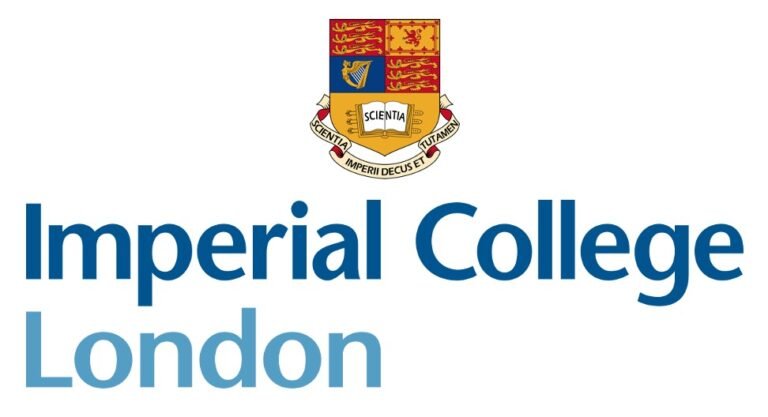The Research Scientist I – Civil Engineer position provides leadership and support for MTRI programs focused on the development and application of civil engineering to remote sensing and geospatial analysis research projects to solve governmental and societal needs. Familiarity with one or more technical and research areas such as CAD, digital twins, building information models, pavement condition assessment, traffic monitoring, programming, statistical analysis, asset management, and non-destructive evaluation (NDE) methods is needed. The applicant will be expected to develop, support, select, apply for, and lead research projects that apply their knowledge of civil engineering to research questions.
The ability to improve the processing and analysis of remote sensing and NDE data through custom coding and analysis for infrastructure condition assessment will be important. Examples of current research areas include paved and unpaved road condition assessment with drones, developing digital twins for bridges, improving hydrological modeling inputs, identifying road surface types using remote sensing data, modeling flooding and scour risks to railways and bridges, automating assessment of rail grade crossing safety, modeling risks to power plants, developing web-based decision support systems, and improving water quality at wastewater treatment lagoons.
The position is based in-person at MTRI in Ann Arbor, MI (https://mtu.edu/mtri).
Responsibilities
- Develop, plan, and participate in research projects applying civil engineering, remote sensing, NDE, and geospatial analysis skills to solve project tasks for ongoing and new MTRI research projects, with the expectation of planning and coordinating research and development tasks in collaboration with other principal investigators.
- Lead teams and participate as an integral team member on multi-disciplinary research relating to applying technological skills to solving governmental and societal needs for a diverse set of current research areas, including improved remote sensing data analysis and visualization of complex data for interdisciplinary projects.
- Be able to deal with issues encountered in data processing and analysis to ensure scientifically valid data collection.
- Evaluate, select, and apply the results of data collected and research projects undertaken. Describe and share any concerns about the results or methodology and recommend or implement countermeasures.
- Contribute technical expertise in civil engineering at a primary and co-author level to specific aspects of conference presentations, journal articles, and technical reports, and be able to take the lead on preparing technical reports. The employee will be expected to exercise independent judgment using their expertise to help define how tasks will be completed, in coordination with project leaders, while being responsible for their own work.
- Lead and contribute to competitive proposals including development of specific tasks that use and exploit infrastructure assessment data and products.
- Assess the effectiveness of safety measures and training and implement necessary changes. Anticipate and recognize problems and potential problems at the individual and system levels. Recognize and respond appropriately to potential and actual unsafe situations.
- Apply safety-related knowledge, skills, and practices to everyday work.
- Commit to learning about continuous improvement strategies and applying them to everyday work. Encourage continuous improvement practices among employees.
Required Education, Certifications, Licensures
PhD in civil engineering;
OR
Master’s degree in civil engineering and at least 4 years of experience.
Required Experience
- Algorithm development with NDE and/or remote sensing technologies and data, including three-dimensional data and/or thermal imagery, for transportation applications.
- Experience with collection, processing, and analysis of NDE and/or remote sensing data using one or more desktop software tools (e.g. AutoCAD, Bentley Microstation and/or iTwin).
- Practical, demonstrated knowledge of Python and one or more other programming languages (C, C++, C#, Java).
- Coursework in higher-level math (at least Calculus II) and statistics.
- Coursework in a relevant related areas such as remote sensing, earth science, ecology, geography, environmental engineering, and/or asphalt and concrete pavement assessment.
- Demonstrated organizational ability and attention to detail.
- Demonstrated ability to lead and participate in team projects.
Desirable Education and/or Experience
- Experience with numerical analysis software (such as R or MATLAB).
- Knowledge of integrating high-resolution data from Unmanned Aerial Systems (UAS / drones) into analysis workflows.
- Experience in preparing and contributing to competitive research grant proposals.
- Experience with command-line operations using the Bash/UNIX shell (including Mac OSX or Linux).
- Experience in a remote sensing and/or geospatial research environment.
- Experience with development, management, and documentation of large datasets.
- Familiarity with machine learning techniques.
- Experience working with large datasets with advanced computational systems (e.g., cloud computing, multi-processor supercomputing).
Required Knowledge, Skills, and/or Abilities
- Ability to obtain a U.S. Department of Defense security clearance, which requires United States citizenship. Obtaining a national security clearance while holding a dual citizenship will not be possible when the foreign country poses a risk to the national security of the United States.
- Excellent written/oral communication skills.
- Ability to obtain a Professional Engineer (P.E.) license in Michigan
- Knowledge of civil engineering theory for science and/or application.
- Ability to clearly communicate complex ideas through symposia presentations, methods documentation, reports, and publications.
- Excellent written/oral communication skills.
- Demonstrated organizational ability and attention to detail.
- Ability to exercise discretion and independent judgment with respect to significant matters related to job duties.
- Demonstrated ability to participate in team projects.
- Demonstrated leadership of safety principles and practices.
Desirable Knowledge, Skills, and/or Abilities
- Ability to obtain P.E. licenses in additional states beyond Michigan
- Knowledge of geospatial data structures, visualization, and analysis and experience with GIS software (ESRI ArcGIS and/or QGIS). • Demonstrated success in, or potential future contributions to, working with persons from diverse backgrounds, creating a sense of belonging, and fostering a fair, objective, welcoming place to work for persons with a wide variety of personal characteristics and viewpoints.
Work Environment and/or Physical Demands
- Work will primarily be at an in-person office research environment.
- Occasional field work at potentially remote data collection sites will be needed.









